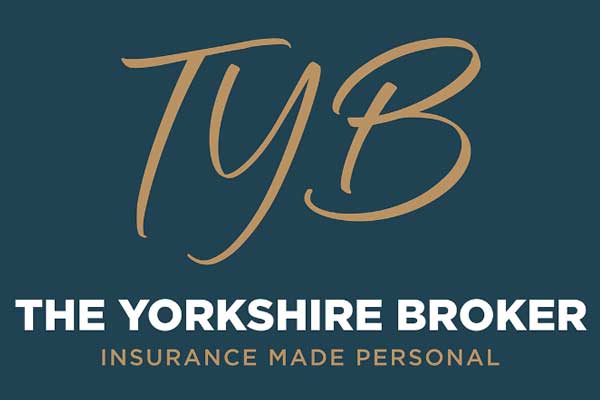Starting a new business can be an exciting time, but it can also be quite daunting. Working for yourself rather than anyone else comes with a lot of hard work, knowledge, and dedication to your end goal.
There are plenty of things to consider that every business needs to function and specific things that a business in your sector requires. You could be a shop, a manufacturer or a service provider, but whatever industry you’re operating in, there’s something you need to give you financial protection: insurance.
As there are many types of insurance available, it can sometimes be difficult to navigate everything to ensure you have the right cover at the right level to protect your business. Because the last thing you need your new business to suffer is a financial shock. So what insurance should you be looking at if you’re a new business?


